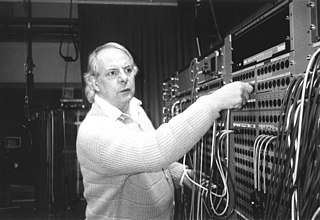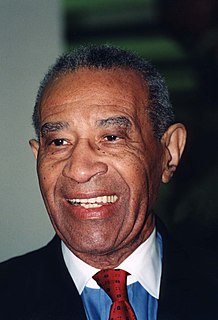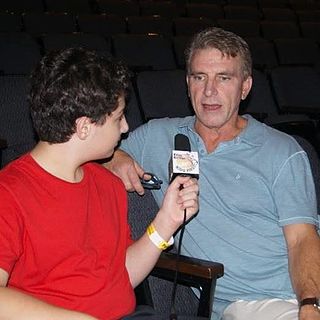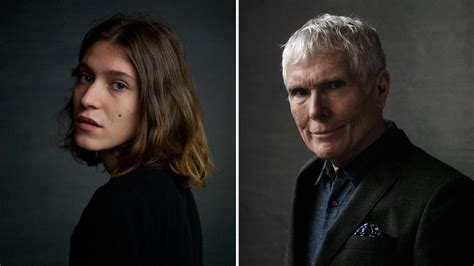A Quote by Karlheinz Stockhausen
Or the other process that is important is that I compress longer sections of composed music, either found or made by myself, to such an extent that the rhythm becomes a timbre, and formal subdivisions become rhythm.
Related Quotes
There's the internal rhythm within a sequence, and then there's the rhythm between the sequences, and that's extremely important in constructing the narrative. For example, you don't put two big dramatic scenes right next to each other. But you can use the rhythm of the transition shots; they can often serve a double purpose.
All life requires a rhythm of rest. . .
There is a rhythm in the way day dissolves into night, and night into morning. There is a rhythm as the active growth of spring and summer is quieted by the necessary dormancy of fall and winter. There is a tidal rhythm, a deep, eternal conversation between the land and the great sea.
Whether I'm performing or directing, I'm aways thinking about rhythm; sometimes it's nailing the right rhythm, and sometimes it's intentionally breaking the rhythm. Those two things are what make something funny or not. How long a shot is and where you put the camera are all part of that rhythm of directing.
One of the most powerful aspects of drumming and the reason people have done it since the beginning of being human is that it changes people's consciousness. Through rhythmic repetition of ritual sounds, the body, the brain and the nervous system are energized and transformed. When a group of people play a rhythm for an extended period of time, their brain waves become entrained to the rhythm and they have a shared brain wave state. The longer the drumming goes on, the more powerful the entrainment becomes. It's really the oldest holy communion.








































